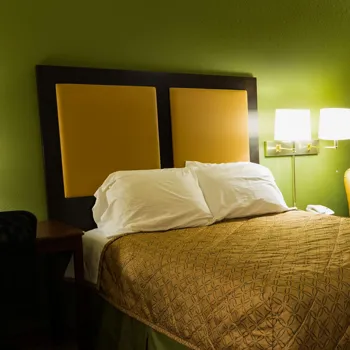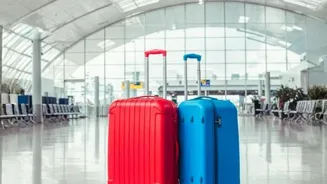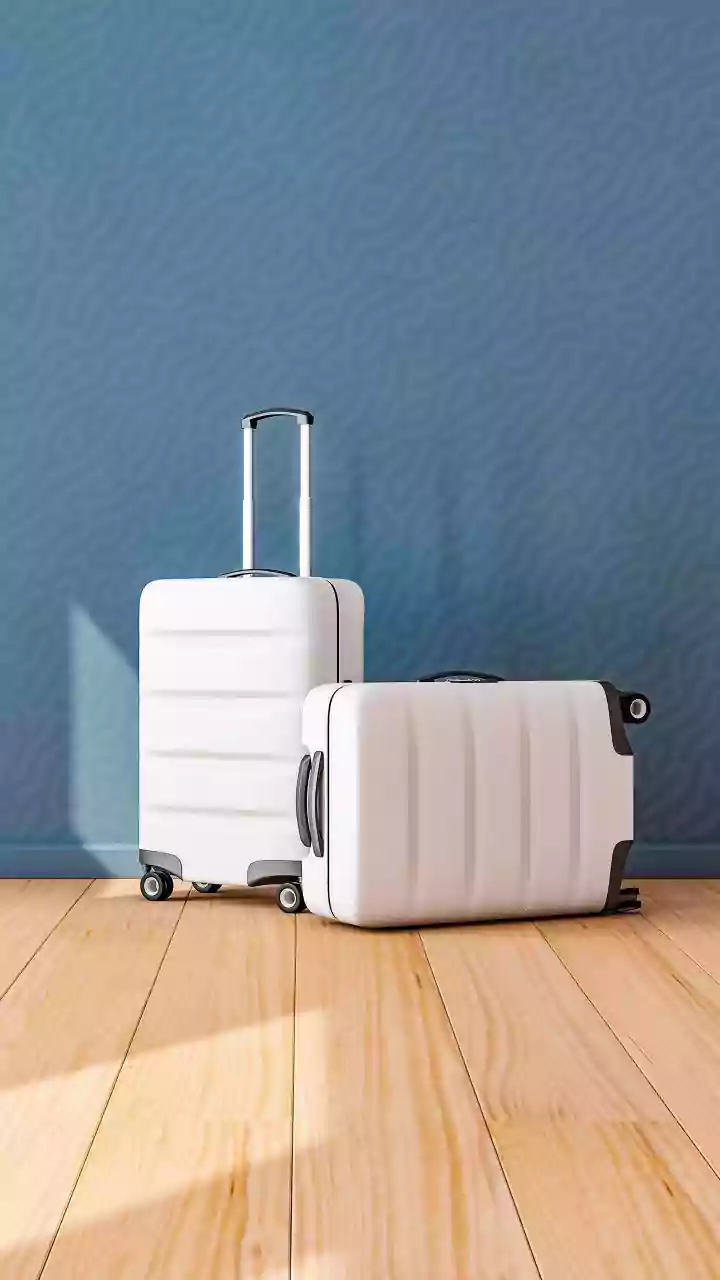Traveling during a pandemic requires caution. Discover essential tips for a safe journey. Read more for a detailed guide
The pandemic has undoubtedly changed the way we live, and traveling is no exception.
With restrictions easing in many parts of India and the desire to explore new places stronger than ever, many folks are considering hitting the road or taking to the skies.
However, it's crucial to remember that the virus is still around, and taking precautions is absolutely essential to ensure a safe and healthy trip for yourself and those around you. Planning ahead, being mindful of hygiene, and respecting local guidelines can make all the difference.
So, before you pack your bags and set off on your adventure, let's dive into some essential tips for safe travel during these times.
Meticulous planning is crucial for safe travel during a pandemic
First and foremost, meticulous planning is your best friend when traveling during a pandemic. Don't just pack your bags and leave; spend time researching your destination.
Check the local COVID-19 situation, including the number of cases, vaccination rates, and any specific restrictions or guidelines in place. Some states or cities might have different rules regarding mask mandates, social distancing, or testing requirements for travelers.
Knowing these details beforehand will help you avoid unexpected hassles and ensure you comply with local regulations. Make sure your vaccinations are up to date. Carry your vaccination certificate. Booking accommodations and transportation in advance is also highly recommended.
This not only helps you secure your spot but also allows you to choose options with enhanced safety measures like contactless check-in or flexible cancellation policies. It's also wise to have a backup plan in case of unforeseen circumstances, such as sudden travel restrictions or illness.
Keep important contact details of local authorities and healthcare facilities handy. Having a well-thought-out plan can minimize stress and maximize your safety during your travels.
Maintain impeccable hygiene while traveling for safety
Maintaining impeccable hygiene is paramount when you are on the move. Carry a personal hygiene kit containing hand sanitizer with at least 60% alcohol, disinfectant wipes, and a supply of face masks.
Regularly sanitize your hands, especially after touching surfaces in public areas like door handles, elevator buttons, or ticket kiosks. Wipe down surfaces like airplane tray tables, armrests, and hotel room doorknobs with disinfectant wipes.
Practice proper handwashing techniques with soap and water for at least 20 seconds, whenever possible. Avoid touching your face, especially your eyes, nose, and mouth. Dispose of used masks and wipes properly in designated bins.
If you develop any symptoms, such as fever, cough, or sore throat, isolate yourself immediately and seek medical advice. By diligently following these hygiene practices, you can significantly reduce your risk of infection and protect yourself and others from the spread of the virus.
Stay aware of your personal space avoid crowded places when you are out traveling. Travel in smaller groups.
Choose safe accommodations with enhanced cleaning for a secure travel experience
Choosing the right type of accommodation can also contribute to a safer travel experience. Opt for hotels or guesthouses that have implemented enhanced cleaning and sanitation protocols. Look for certifications or labels that indicate they follow industry best practices for hygiene and safety.

Consider accommodations that offer contactless check-in and check-out options to minimize physical interaction. Before booking, inquire about the hotel's policies regarding mask mandates, social distancing, and capacity limits in common areas like restaurants and gyms.
If possible, choose rooms with windows that can be opened to improve ventilation. Regularly air out your room to reduce the concentration of airborne particles. Pay attention to the quality of air conditioning systems. If you are concerned, consider using a portable air purifier.
By carefully selecting your accommodation, you can create a safer and more comfortable environment for yourself during your travels. Follow all the guidelines that the hotel provides, be it wearing a mask in common areas. Follow the time slots given to avoid crowding.
Prioritize safety in all transportation modes; choose clean airlines, sanitize, distance, and pack wisely
When it comes to transportation, whether it's flying, taking a train, or driving, it's important to prioritize safety. If flying, consider choosing airlines that have implemented enhanced cleaning procedures and enforce mask mandates.
Wear a high-quality mask like an N95 or KN95 throughout your journey. Use disinfectant wipes to sanitize your seat, tray table, and armrests. Avoid close contact with other passengers and maintain social distancing whenever possible.
If traveling by train or bus, choose seats that are less crowded and near windows for better ventilation. Be mindful of your belongings and avoid placing them on shared surfaces.
If driving, regularly sanitize your hands and the interior of your car, especially the steering wheel, gear shift, and door handles. Take breaks to stretch your legs and get fresh air, but avoid crowded rest stops. Pack your own snacks and drinks to minimize contact with vendors.
With a little caution, you can transform your journey into a safer one.
Escape crowded indoor spaces. Embrace outdoor activities for safety
Embrace the great outdoors. Nature offers a refreshing escape from crowded indoor spaces. Consider spending time hiking, exploring parks, or visiting beaches. Social distancing is naturally easier in outdoor settings. Pack a picnic and enjoy a meal outdoors instead of dining in a restaurant.

Many attractions offer outdoor guided tours or activities that allow you to learn about the local area while maintaining a safe distance from others. When visiting parks or beaches, respect any capacity limits or social distancing guidelines in place.
Be mindful of the environment and dispose of your trash properly. Spend your time in secluded locations and follow a safety protocol. Stay away from places that are already crowded.
Monitor health post-travel for COVID-19 symptoms, get tested, notify contacts, practice safety measures
After you get back from your trip, monitoring your health is crucial. Keep an eye out for any symptoms of COVID-19, such as fever, cough, or sore throat. If you develop any symptoms, get tested immediately and isolate yourself until you receive the results.
Even if you don't have any symptoms, consider taking a precautionary test a few days after your return. Notify anyone you have been in close contact with, especially vulnerable individuals, about your travels.
Continue to practice good hygiene and social distancing for at least 14 days after your return. Monitor your health regularly and follow health safety protocols. By taking these post-travel precautions, you can help prevent the spread of the virus and protect your community.



















